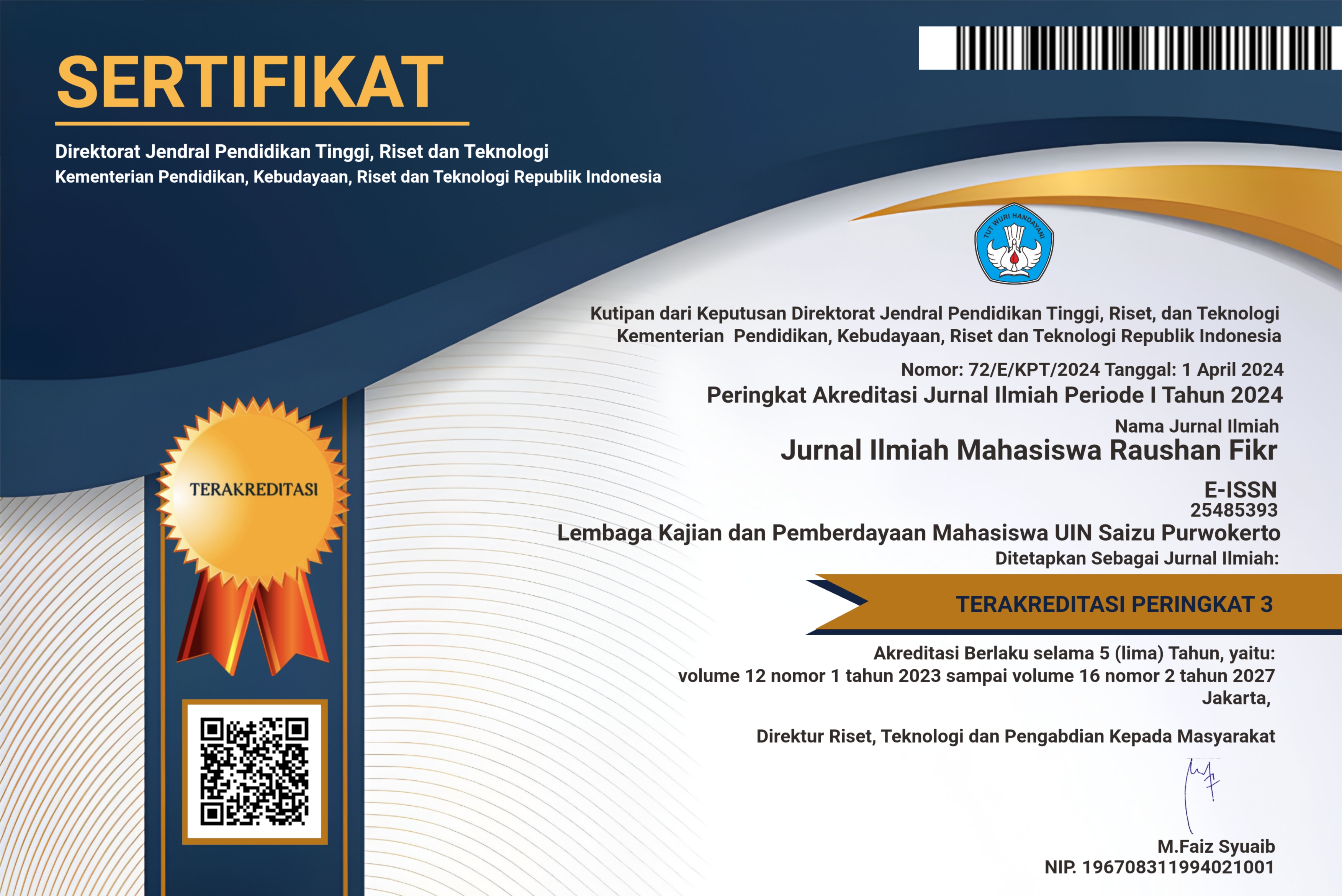Unveiling the Utilization, Reporting, and Accountability of Village Fund Allocation
DOI:
https://doi.org/10.24090/jimrf.v13i1.11296Keywords:
Village Fund Allocation, Accountability, Reporting, UtilizationAbstract
This study delves into the utilization, reporting, and accountability of Village Fund Allocation in Panciro Village. Adopting a phenomenological approach, data were collected through budget realization reports and interviews with village officials. The results reveal that Panciro Village adheres sufficiently to financial management protocols, as evidenced by proper documentation in the cash book and timely submission of reports to higher authorities. However, while current accountability mechanisms are functional, the abstract lacks an in-depth exploration of the specific strategies employed and the challenges faced in ensuring transparency and preventing fund misappropriation. Moreover, the abstract would benefit from contextualizing the findings through comparative analysis with neighboring villages or national standards. Additionally, future research could involve longitudinal studies to evaluate the sustainability of the implemented accountability measures and their long-term impact on village development.Downloads
References
Bangsawan, A. A., & Abbas, A. (2021). Efek Pelanggaran Standar Akuntansi Pemerintahan dan Ketidakpatuhan Peraturan terhadap Opini Audit Laporan Keuangan di Sulawesi Selatan. Jurnal Akuntansi Dan Pajak, 21(02), 461–472. https://doi.org/10.29040/jap.v21i02.1481
Bastian, I. (2019). Lingkup Akuntansi Sektor Publik. Lingkup Akuntansi Sektor Publik.
Fan, H., & Lederman, R. (2018). Online health communities: how do community members build the trust required to adopt information and form close relationships? European Journal of Information Systems, 27(1), 62–89. https://doi.org/10.1080/0960085X.2017.1390187
Mardiasmo. (2002). Akuntansi Sektor Publik. Andi.
Moleong, L. J. (2019). Moleong, “ Metodologi Penelitian Kualitatif Edisi Revisi”. Bandung : Remaja Rosdakarya. PT. Remaja Rosda Karya.
Nandy. (2019). Akuntansi Sektor Publik: Pengertian Menurut Ahli, Tujuan, Jenis. 2022.
Riyanto, T. (2015). Akuntabilitas Finansial Dalam Pengelolaan Alokasi Dana Desa (Add) Di Kantor Desa Perangat Selatan Kecamatan Marangkayu Kabupaten Kutai Kartanegara. EJournal Administrasi Negara, 3(1), 119–130.
Saputra, D. H., Muhlis, L. P., Ilmy, M., Suparno, A., Nasuhi, M., & Mufidah, M. (2021). Implementation of Good Governance and Clean Governance Towards an Effective and Dignity Bureaucracy. PINISI Discretion Review, 4(2), 327. https://doi.org/10.26858/pdr.v4i2.21491
Sugiyono. (2010). Metode Penelitian Bisnis. Pendekatan Kuantitatif, kualitatif dan R & D. Bandung: Alfabeta.
Sujarweni. (2015). Akuntansi sektor publik. Pustaka Press.
Tama, P. S. A., & Wirama, D. G. (2020). Akuntabilitas pemerintah desa dalam pengelolaan alokasi dana desa. E-Jurnal Akuntansi, 30(1), 73–87.
Widiyanti, A. (2017). Akuntabilitas dan transparansi pengelolaan alokasi dana desa: Studi Pada Desa Sumberejo Dan Desa Kandung Di Kecamatan Winongan Kabupaten Pasuruan. Universitas Islam Negeri Maulana Malik Ibrahim
Downloads
Published
How to Cite
Issue
Section
License
Copyright (c) 2024 Nurul Fuada, Haliah, Nirwana, Syamsuddin, Andi Kusumawati

This work is licensed under a Creative Commons Attribution-NonCommercial-ShareAlike 4.0 International License.
Authors who publish with this journal agree to the following terms:
- Authors retain copyright and grant the journal right of first publication with the work simultaneously licensed under a Creative Commons Attribution-NonCommercial-ShareAlike 4.0 International License that allows others to share the work with an acknowledgement of the work's authorship and initial publication in this journal.
- Authors are able to enter into separate, additional contractual arrangements for the non-exclusive distribution of the journal's published version of the work (e.g., post it to an institutional repository or publish it in a book), with an acknowledgement of its initial publication in this journal.
- Authors are permitted and encouraged to post their work online (e.g., in institutional repositories or on their website) prior to and during the submission process, as it can lead to productive exchanges, as well as earlier and greater citation of published work (See The Effect of Open Access).
















